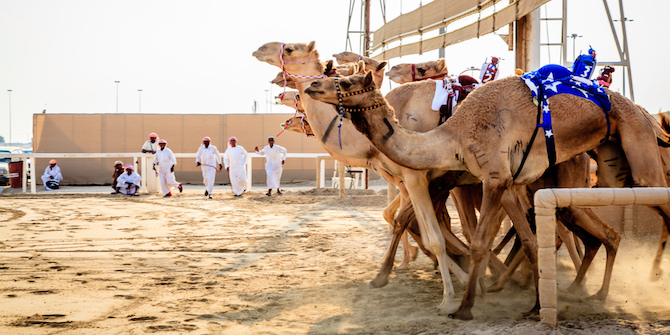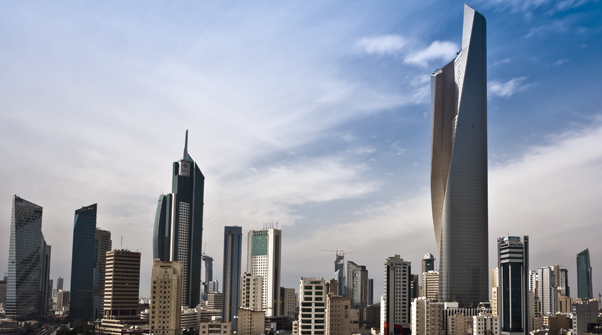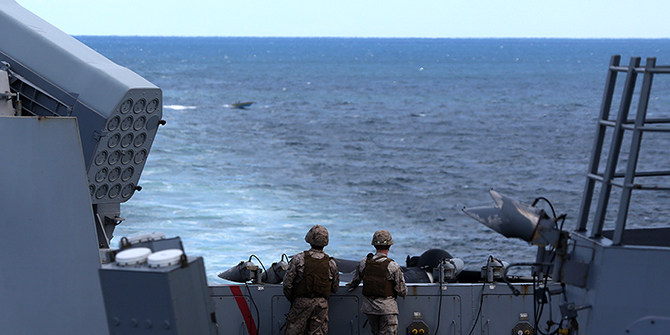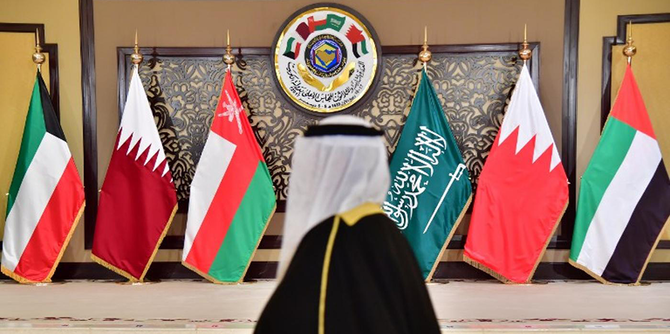by Daniel Wickham
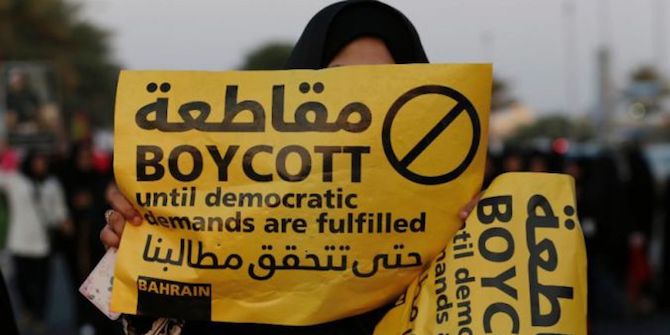
Bahrain’s elections this week are likely to deliver a parliament devoid of opposition representation and dominated, like the current one, by independent MPs rather than political societies (Bahrain’s version of political parties, which are outlawed in the country). Most of the opposition has been excluded from the process, with dissolved opposition societies, including al-Wefaq, the Shia Islamist movement which once held nearly half of the 40 available seats, banned from taking part. Individuals who have received prison sentences of more than six months are also barred, preventing a large number of opposition figures who have spent time in jail from running as candidates.
The vote on Saturday will take place in what is probably the most restrictive political environment for opposition actors in Bahrain since parliamentary elections were reintroduced in 2002. Seen as the start of a new era for Bahrain, the return of electoral politics was part of a package of reforms promised to the public by the current King, Hamad bin Isa al-Khalifa, who came to power during the final stages of a popular uprising in the 1990s. Those reforms – a result of the publicly-approved National Action Charter of 2001 – brought about a political opening in Bahrain that saw a number of Shia Islamist and secular opposition societies set up, often by former political prisoners and exiles who returned from abroad.
Despite these developments, the first elections in 2002 were boycotted by opposition societies, including al-Wefaq, after the King unilaterally enacted a new constitution and backtracked on key reform promises. The boycott proved ineffective, however, and in 2006 al-Wefaq decided to participate, winning 17 seats and establishing itself as Bahrain’s most popular political society (it won 18 in 2010). During this period, the authorities suspended the opposition society Amal, which follows the minority Shirazi school of thought in Shia Islam, and continued to detain human rights activists and opposition figures usually associated with the more hardline opposition. Yet, while Bahrain was no democracy and its human rights record remained poor, there were at least some avenues for opposition participation in a political system that remained under the firm control of the royal family.
Fast forward to today, and Bahrain looks quite different, politically speaking. While regular elections continue to be held, al-Wefaq and nearly all other opposition societies have been disbanded by the government and barred from taking part. The leader of al-Wefaq, Sheikh Ali Salman, has been in jail since December 2014, and was just recently handed a life sentence on charges of spying for Qatar (Bahrain claims that Doha worked with al-Wefaq to destabilise the country during the Shia-led uprising in 2011 – an allegation both parties vehemently deny). The verdict on 4 November overturned an earlier acquittal which some had interpreted as a sign that the government might be softening its stance towards the opposition and possibly looking to engage in some kind of dialogue. Those hopes have now been dashed, although it always seemed unlikely that the government would change course.
The life sentence against Salman – along with the closure and exclusion of opposition societies from the political process – signals that meaningful opposition, including once-legal actors, is no longer tolerated in Bahrain. Although a few smaller, opposition-linked groups are still able to operate legally (albeit with restrictions), most of the opposition has now been dismantled. This process began during the uprising in 2011, when much of the leadership of the al-Wafa Islamic party and the Haq movement – groups which had advocated the establishment of a republic in Bahrain – were thrown in jail for their role in anti-government unrest. More recently, however, the authorities have moved to shut down the politically moderate, pro-reform opposition, dissolving both al-Wefaq and the secular, left-leaning political society Wa’ad, and jailing Sheikh Ali Salman, the most senior politician in the reformist camp.
Without the prospect of meaningful opposition representation, the elections this week will do little to reverse this turn towards greater repression and political exclusion in Bahrain, or resolve the country’s ongoing political crisis. Rather, we are likely to see more of the same, both in terms of the makeup of parliament and the broader political environment for opposition forces in the country. Al-Wefaq, for its part, has again urged Bahrainis to boycott the polls, arguing that the elections are unfair and illegitimate (a position also shared by more hardline opposition groups based in Iran). Whatever the outcome on Saturday, however, the current impasse looks set to continue. A political opening in Bahrain – or some kind of return to the more inclusive earlier years of King Hamad’s rule – does not, for now, appear to be on the cards.
Daniel Wickham is an independent writer who focuses on the Gulf states. He has written for The New Arab and International Business Times UK, among others. He tweets at @DanielWickham93
is an independent writer who focuses on the Gulf states. He has written for The New Arab and International Business Times UK, among others. He tweets at @DanielWickham93



